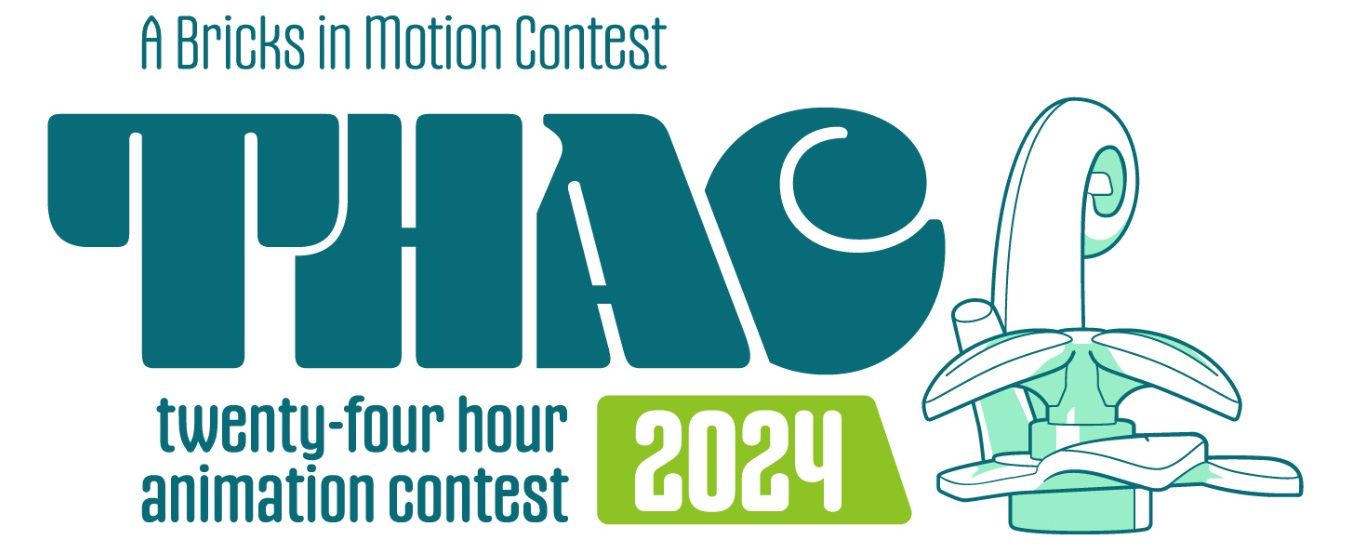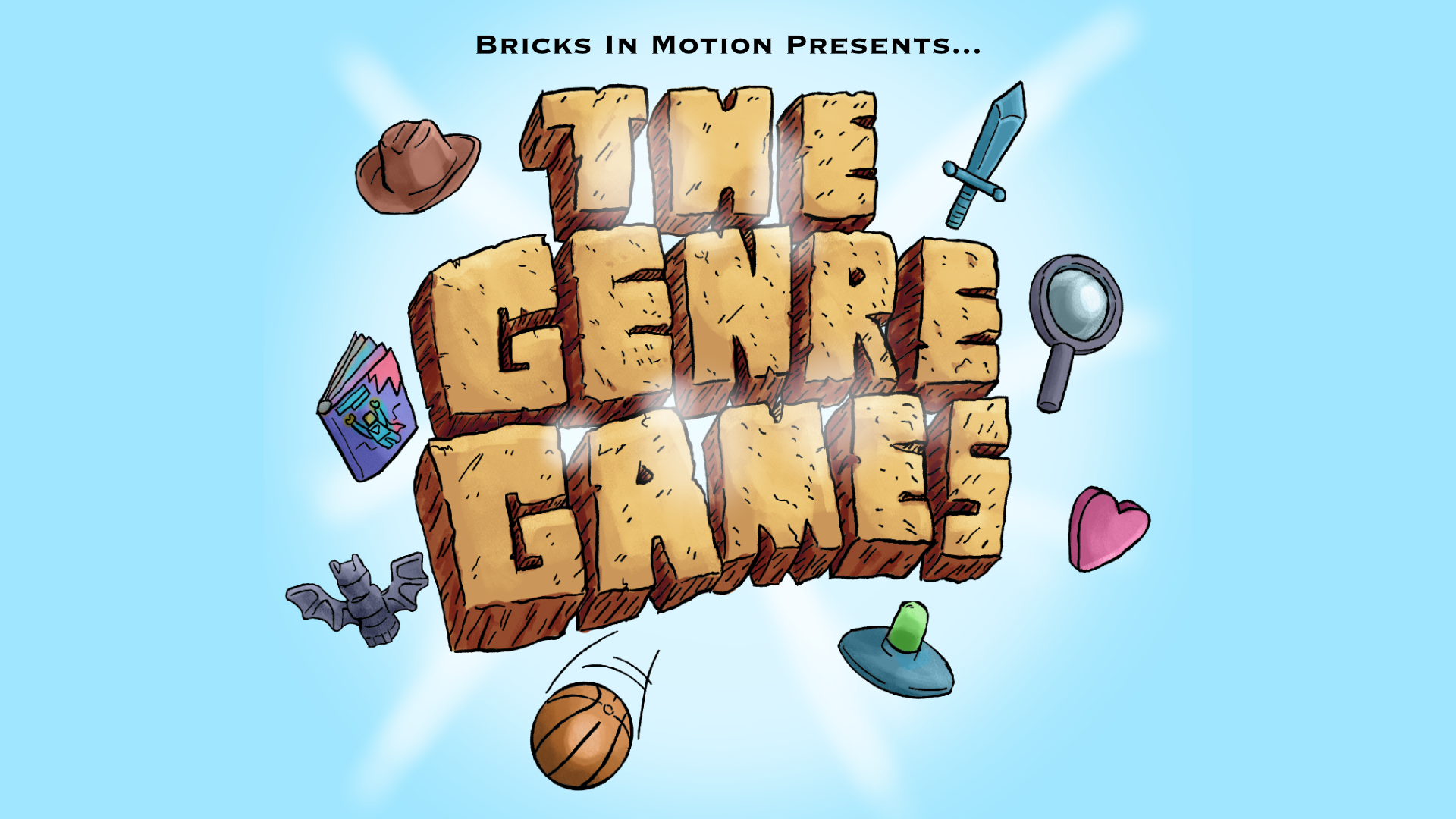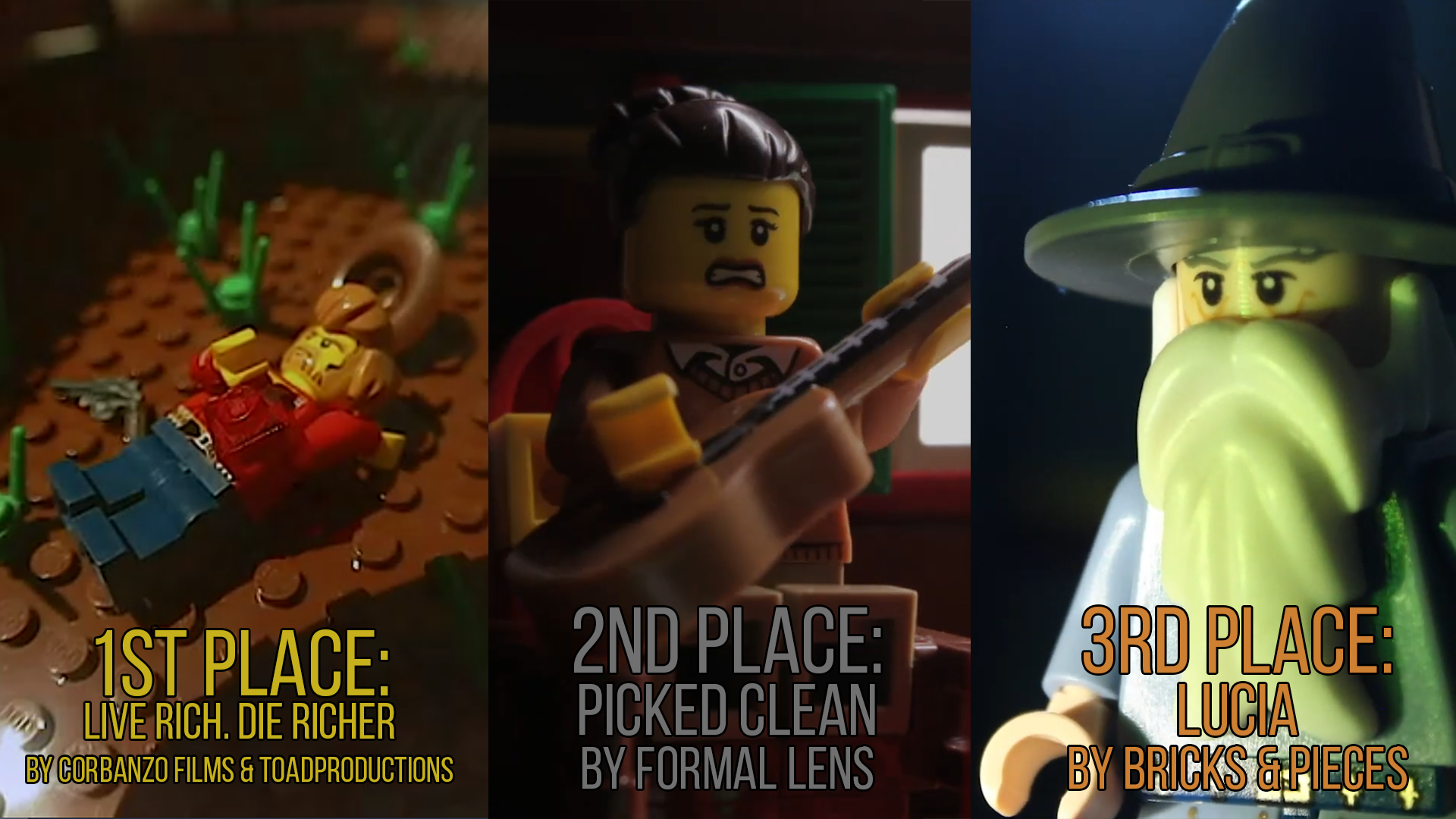Topic: How to Work with a Composer for your Brickfilm
So, you’re making a brickfilm! You wrote a script, did storyboards, and animated everything exactly the way you wanted it. You’ve been editing as you go, have lines from your voice actors, and are now adding in sound effects and foley. But the royalty-free music you found online just isn’t bringing it together - it’s not hitting the moments you want it to, the recording quality isn’t all that great, and it turns out you really hate mandolins (not sure why you chose a piece full of mandolins since you hate them, but you did). Music just isn’t your forte, but there must be something better than throwing in pre-existing generic tracks on top of all the effort you’ve put into your film.
There is an alternative, of course: get a composer to write an original score for you!
In this post I’ll break down the basics of what film scoring is, the process generally followed when working with a composer, and some tips so that things run smoothly.
“I want to work with a film composer on my film, what does that process look like?”
There’s a few different ways to do this, and a composer might be brought in at any point during the filmmaking process - it could be as early as while the script is still being written, and could be as late as after everything else is done and music is all that’s left. I’ll explain what is generally a tried-and-true method.
The composer is brought in sometime during production. They’re given the script to read, and then the filmmaker and composer have what is called a “spotting session”. The composer should leave the spotting session knowing where exactly the filmmaker wants music, what the music should sound like, if there’s going to be ‘themes’, and probably a rough idea of instrumentation.
Now that the composer knows what you want, and you’ve given them a copy of the video, the composer goes off on their own and writes the score. Then you’ll meet with the composer again and go over the music the composer wrote. You may want things rewritten or adjusted, or maybe you’ve cut a scene so part of the music has to change, so now the composer is doing edits or re-writes. The clearer you can be up front to the composer with what you want, the more effectively the composer can bring your vision to life and lessen the need for multiple rewrites.
Finally, you and the composer are both happy with everything that’s been done and those final versions are placed in the film. The film is released soon afterward - to critical acclaim, of course - and everyone lived happily ever after.
-- -- -- --
Now that you have an idea of the process, I'll address some specific questions that you may have.
“What is a film score, and why do I want an original score?”
The easiest definition of a film score is that it’s original music written by a film composer, specifically for your film, to help tell the story. It serves many potential purposes like informing the audience of how a character feels, guiding the emotions of the audience, and generally aiding the storytelling process. There are different approaches to fulfilling those purposes, but a very popular one is through the use of ‘themes’ that are associated with a specific character, place, or idea.
An original score has many benefits. The most obvious of which is that it tells your unique story in a way that’s tailored exactly to it. An original score can line up perfectly with what happens in your film and portray the emotions needed from moment to moment, helping to more effectively tell your story (which is probably your primary focus). It’s also an “additional uniquely identifiable element” ** to your film. Not to mention, it’s one of the most rewarding and exciting parts of the filmmaking process!
In order to be a proper film score the music would be considered ‘non-diegetic’ or ‘underscore’, and thus only something the audience can hear, not something the characters of the film are able to hear. Contrasting that, diegetic music is music that exists within the world; for example, music being played by a band on-screen, on the radio, or in a waiting room, are all sources of diegetic music. So if you approach a film composer about your film and the only thing you’re asking for is Christmas music to play over the radio and as a character’s ringtone, you aren’t actually asking for a film composer to do their job: to write original music, paced to the scene, helping tell the story. That’s a case where it may be simpler to find royalty free music. More than likely a film composer can do what you’re asking them to, but you’re not using them as effectively as you could.
“What do I do during a spotting session?”
The ideal way of doing this is sitting down in person with the composer and going over the entire film, from start to finish, in a fully-edited form. That’s often not reality though, and really whatever works for you, is fine. The most important thing is that the composer leaves the spotting session knowing what to write, where to write it, and why to write it.
It could be as little information as simply writing a list of where you want music and why, and the composer figures out the rest. It could be done over a discord or skype call where you talk through the whole film. Maybe you have temp tracks all throughout the film as placeholders, and you just want the composer to do something similar. It could be done where you record the screen while the film plays, talk through what you want, and play examples of temp music that you like**.
“You’ve mentioned ‘temp music’ a few times - what does that mean?”
Temp music, or temporary music, is music that’s put into a film during editing that is intended to later be replaced by an original score. It might be there to help the editor with pacing or could help find the style of music the filmmaker wants. Temp music is just a tool used in the filmmaking process, and can be helpful or hurtful for the composer.
Helpful, in that it tells the composer the genre/style you want and gives an idea of the pacing or way in what you want the scene to play out. Hurtful, in that it can be really easy for the filmmaker to become attached to the temp score. If you become “married to the temp”, then no matter what the composer writes, you’ll just want it to sound like the temp track. That’s not a fun situation for anyone, so I would caution you to be careful not to love the temp so much that you find the original music unfulfilling.
“What if I don’t know what I want?”
That’s okay! While it does benefit the composer if you have a crystal clear vision of what the music should do, composers can still work with you if you’re unsure. “Sometimes, it will just take a really bad or obviously wrong track from the composer for both the director and the composer to realize what direction the music needs to go in.” **
In addition to that, “listen to the composer! They probably have ideas that are different than yours. Be open to experimentation and try to keep an open mind. If they have suggestions, consider them thoughtfully” **
“What if I can’t pay my composer?”
Unfortunately, it’s hard for composers to find paying work. Ideally, you’re able to pay whatever your composer charges. If your composer is offering to work for free, which may be the case for a variety of reasons, recognize that they’re likely giving you years of their training and experience, so really try and help make it worth their while. At the very least, credit them in the film and in the video description in whatever way they want, and if they opt to use a contract, recognize that it’s normal for them to retain ownership of the music (even if they write it for your film).
“Be nice to your composer! Be patient, courteous, and encouraging (and the composer will almost certainly be the same for you!)” **. It will be a better experience if you interact with your composer positively and value their input and experience. We can write better music, and be happier about doing so.
Along with that, if your composer does a great job, recommend them to other filmmakers you know! As I said before - finding paying work is tough - and if you are able to help bring your composer other good films to work on - especially if they’re paid - that can be extremely meaningful **.
Full disclosure as to my own process for taking non-paying jobs. If anyone on the film is getting paid, then I expect to be paid (for instance, if you’re hiring voice actors or getting paid to create the animation). If it’s student work or something with no budget, then I’m willing to do that work for free. Me saying yes to those scenarios will just depend on how much free time I have at that point in time. I’ll always say yes to paid work.
“Who are you and what makes you think you know what you’re talking about?”
I started out as a brickfilmer, and a number of you may remember me from when I was actively making brickfilms. I began college as a film major and then switched to music composition during my first semester after having realized film scoring was the way I wanted to tell stories. I studied music composition intensely (that’s how school is supposed to work), as well as ran a university sponsored club that was entirely about film music. While in school I worked on various projects, like writing 50 minutes of music for a student feature-length film that I recorded with the school’s string orchestra, music for an interactive VR experience, as well as a few short films. I’m currently in grad school for a Master’s in Business Administration while pursuing a freelance career doing music composition.
-- -- -- --
Thanks for reading! I hope you learned something here about the film composing process and how you can work with a composer for your project.
If you’ve got any questions, you can comment on this thread or PM me on here...and if you’ve got any film projects for me, definitely be in contact!
I’d also like to thank Joshua David Mitchell for some suggestions and feedback for this post. Anything marked with ** is directly from him. He’s the other person I know of who studied music in university and is now actively involved in composing within the brickfilming community. Absolutely check out his work if you haven’t!











